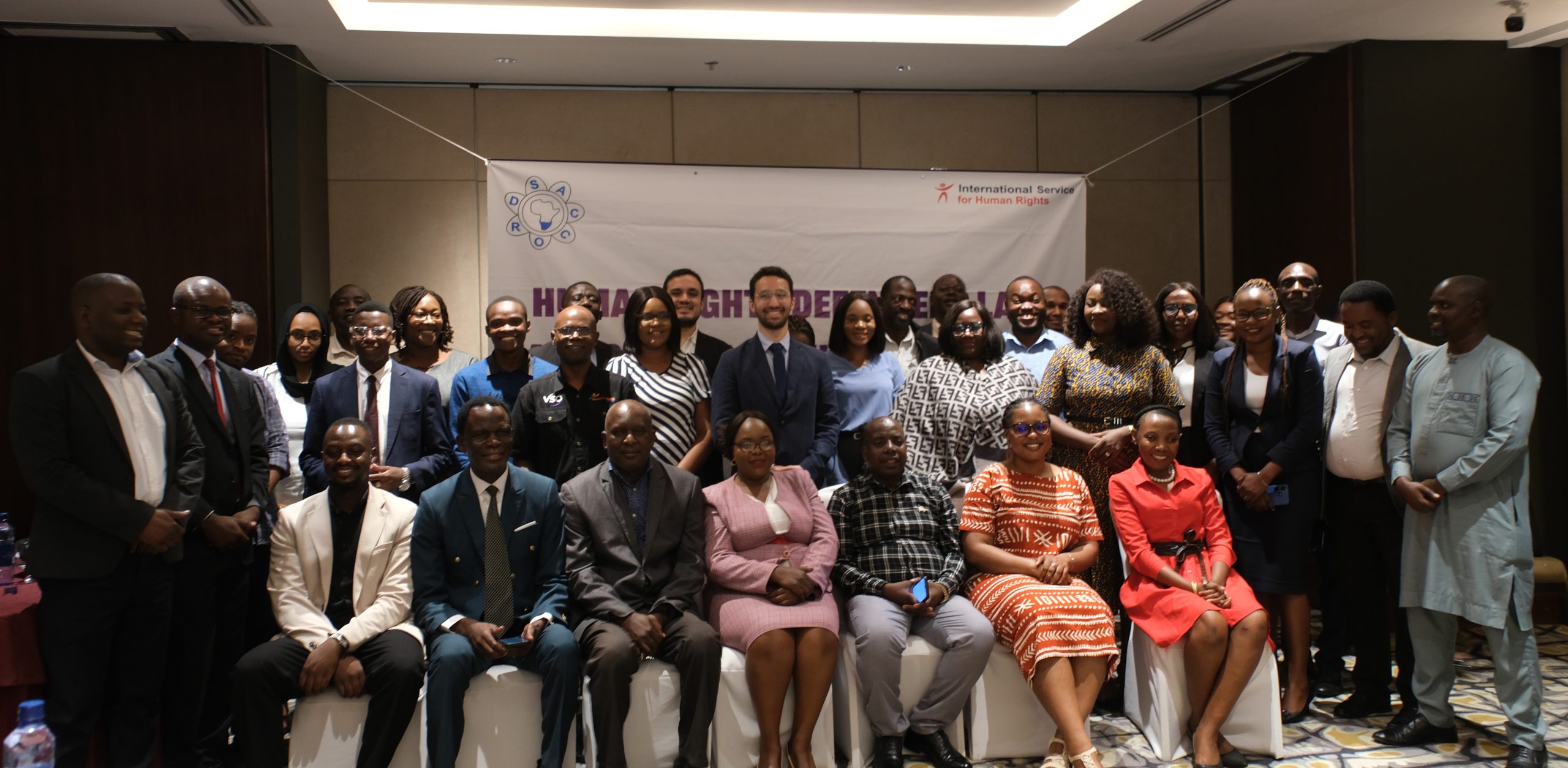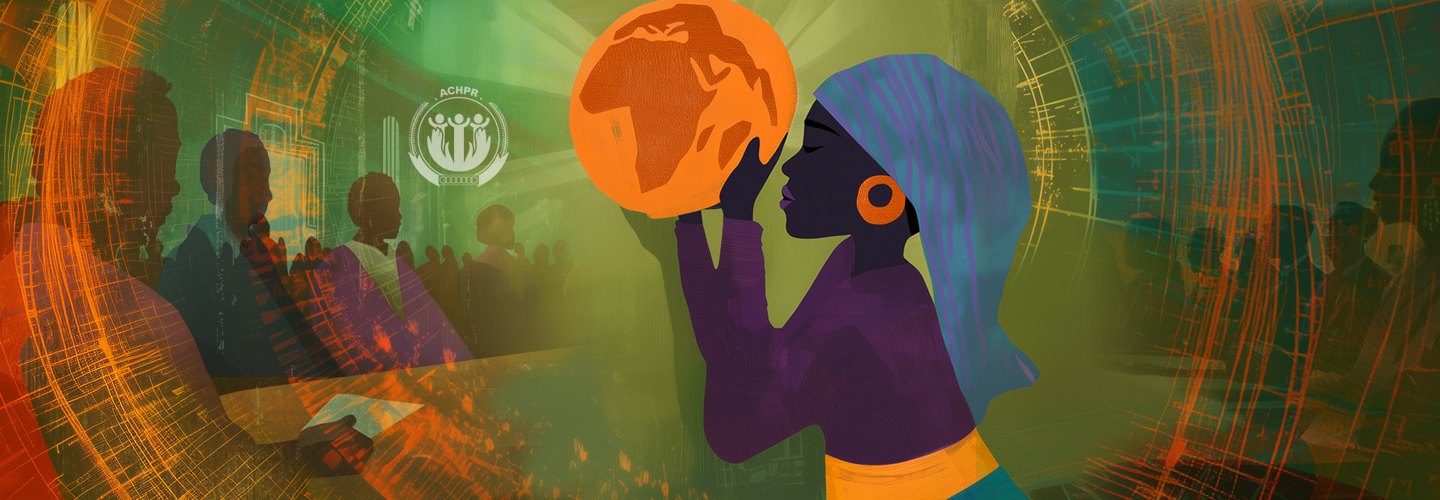Download the English version here.
Descargue la version española aquí.
Téléchargez la version française ici.
.قم بتنزيل النسخة الإنجليزية هنا
Civil society has the right to ‘unhindered access to and communication with international bodies’. However, that right is not being respected. ISHR’s new report, ‘The Backlash Against Civil Society Access and Participation at the United Nations‘ documents a broad range of obstacles faced by human rights defenders, from opaque bureaucracies and procedures to physical threats and attacks.
‘States decide who gets through the door,’ said ISHR’s Eleanor Openshaw. ‘States that fear calls for accountability and justice do what they can to prevent civil society access to and participation in UN spaces’.
Click on the video below to get an insight into the report:
Opaque practices and procedures provide covers for States seeking to block NGO entry. An NGO seeking to participate in a UN high-level event can be a victim of the ‘no-objection’ procedure. This is the means by which any State can veto their participation without being named or providing any justification.
‘The no-objection procedure is poorly defined, and provides no formal criteria for objections to NGO participation,’ said ISHR’s John Indergaard. ‘It’s carte blanche to exclude legitimate NGOs for illegitimate reasons.’
Even when civil society representatives make it into an actual UN building, they have been thrown out without explanation or asked to leave while events were ongoing. At some high-level events and committee meetings, NGO representatives have been barred from giving statements or bringing in documents related to their work.
Physical attacks and intimidation against those seeking to cooperate with the UN are well documented.
‘These restrictions and reprisals are all aimed at dissuading civil society participation,’ said Openshaw. ‘They need to be challenged in each and every case.’
‘The depth of the challenges humanity faces globally means that States should welcome the expertise and commitment of civil society, not block their entry to meet narrow political interests,’ Openshaw added. ‘The right of civil society to participate must be revindicated.’




